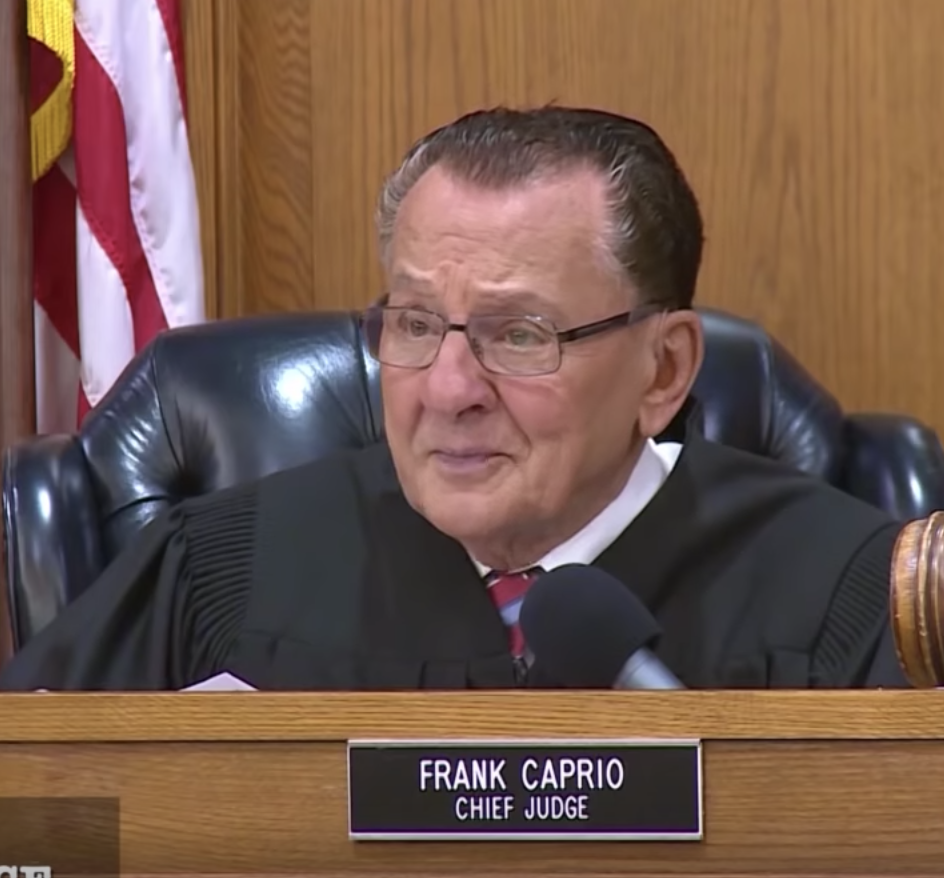Does anyone listen anymore?
When I was in school we went to class, listened to the teacher, had a discussion about what we thought, listened some more, thought some more, then prepared for the test.

The great lesson for me in all this was to listen, gather and read relevant information, think, discuss with friends, listen some more, think some more then, hopefully, come to an opinion about an issue or individual. Any lingering doubts or questions were subject to more homework, more discussion, more thinking.
Now, however, with everyone marketing their own agenda with their own version of the facts (if they bother to use facts) politicians, pundits and everyone in between ends up in some kind of verbal free-for-all where emotion dictates the discussion and thinking is thrown out the window.
The most recent and physically cruel example of this ice-hockey approach to the thought process is graphically on display thanks to YouTube. (You can look it up yourself. I won’t post it.)
In Palmetto, Florida last week, the mother of a teenage girl was arrested and charged with third degree child abuse for not only watching, but encouraging her daughter in a fistfight with another girl. The two sixteen-year-old girls were captured on video that was then posted on YouTube where it resides among other such fights. (YouTube should ban such videos, but that’s another issue.)
Watching the story on the morning news, my first reaction was to jump through the screen and break-up the fight. What disgusted me even more was watching the crowd of kids that gathered to capture the event on multiple videos.
However, after watching pundits and politicians verbally fistfight over whose ideological gospel is better for country, I can understand (not condone) why no one in the Florida crowd interceded. The unfortunate message we see through many of the cable shows as well as from the steps of Washington itself, is whoever has the biggest microphone, makes the most outrageous remark, or both, wins video of the day replayed on the news channels. The kids are just following the script we’ve given them.
Sadly, we’ve all become so distracted by the drama of the moment played out in different venues over so many different issues, that many of us have become drama junkies. Rather than focus on respectful, reasonable debate and conflict resolution, we’ve become our own version of bad reality TV –American Survival of the Insufferable – where emotion-filled rhetoric, backstabbing, and win-at-any cost become the only rules that matter. (Didn’t Donald Trump do this already?)
Another example was on display in Nevada recently at a political question and answer forum. According to the Las Vegas Sun, “Republican U.S. Senate candidate [Sharron Angle] got booed, heckled, mocked and interrupted during an hour-long question-and-answer session at Faith Lutheran Jr./Sr. High School in Las Vegas… (not very Christian-like)… A fight among audience members broke out toward the end of the forum as [Harry] Reid supporters tried to leave while Angle was still speaking.”
In a story that appeared on the Web site Indian Country Today(Feb. 26) José Barreiro, assistant director for research at theSmithsonian National Museum of the American Indian, wrote, “Calm, deliberate discussion that respects a speaker and disallows interruption is a longstanding American value. Benjamin Franklin noted it early among American Indians and wondered if it constituted a better system than the mocking, catcall style of the British House of Commons.”
“He that would speak, rises,” Franklin wrote. “The rest observe a profound silence. When he has finished and sits down, they leave him five or six minutes to recollect, that if he has omitted anything he intended to say or has anything to add, he may rise again and deliver it. To interrupt another, even in common conversation is reckoned highly indecent.”
“Observed clearly by the founding genius of the American Republic, collected, reflective thought is to be respected,” Barreiro writes. “This is still a good first rule for effective mutual understanding. We might do well listening to Benjamin Franklin. The inherent unity and potential power of good communication is an American value worth keeping in these loud, egocentric times.”
In a 1749 edition of Poor Richard’s Almanac, Franklin reminds us all, “If emotion drives, let reason hold the reins.”
A lot of us would do well to remember and practice Ben’s wisdom.
Comments










